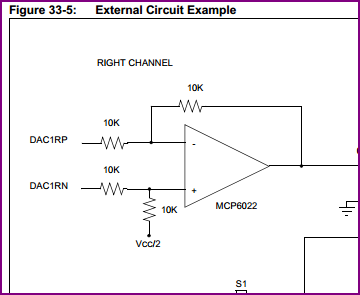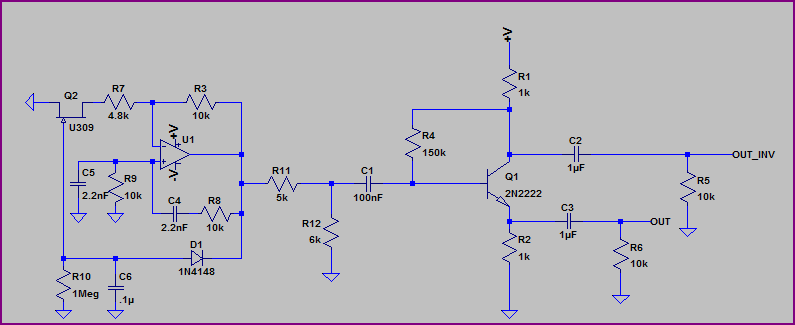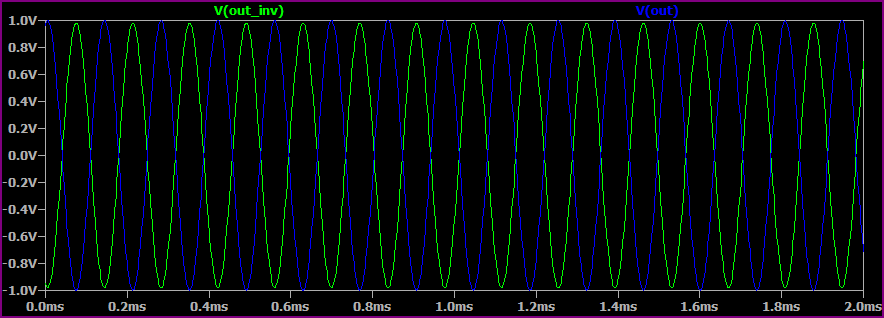If I understand correctly, you want a circuit that generates the sine wave and also provides two versions of it 180 degrees apart. This could be easily achieved with a microcontroller, like a dsPIC with dual 16-bit DAC with differential outputs on each channel (such as the dsPICfJ64GP802 - here is the DAC peripheral manual for it), here is a typical differential buffer circuit driven from one of the channels:

No Microcontroller
Here is a non-micro option:

This combines a Wien bridge oscillator (the fet can be replaced with an incandescent bulb if desired) with a simple transistor buffer which takes an output from the collector and emitter. Rails are +/- 12V (can be designed for lower if necessary)
Simulation:

Note that the above will sum to 2V pk-pk when it get's to wherever it's going - you can easily control the amplitude by replacing R11 and R12 with a pot.
